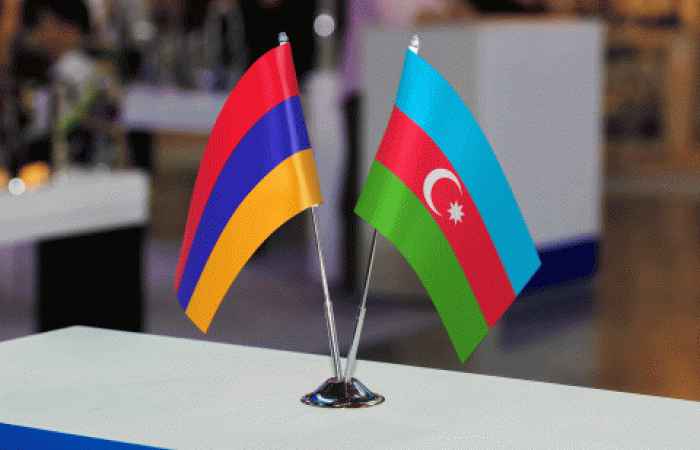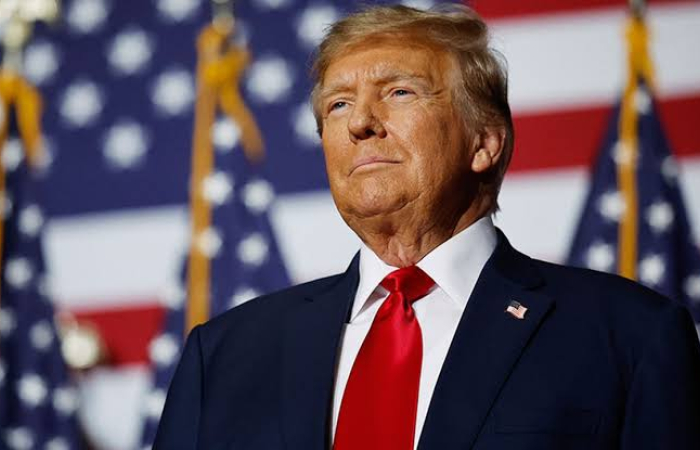Editor's choice
This is a members’ functionality. Please
Sign upOpinion
Trending
Opinion: It’s decision time in Georgia
16 December 2024
The situation in Georgia is currently very critical. As commonspace.eu pointed out in its editorial published on 2nd December time has run out for Bizhina Ivanishvili and his Georgian Dream party. What remains for Ivanishvili and his associates is to agree an honourable exit after agreeing to new elections, which must be administered by a credible body. However, every day that Georgian Dream procrastinates, its position weakens. And every statement of its leaders makes things worse. The Georgian Dream had everything going for it but it squandered its political capital and its legacy. Ivanishvili tried to manage Georgian politics like a business. He failed to build bridges with opponents and relied on inexperienced people who failed to understand how Georgian politics worked.
Georgia needs to come out of this experience stronger than before.







